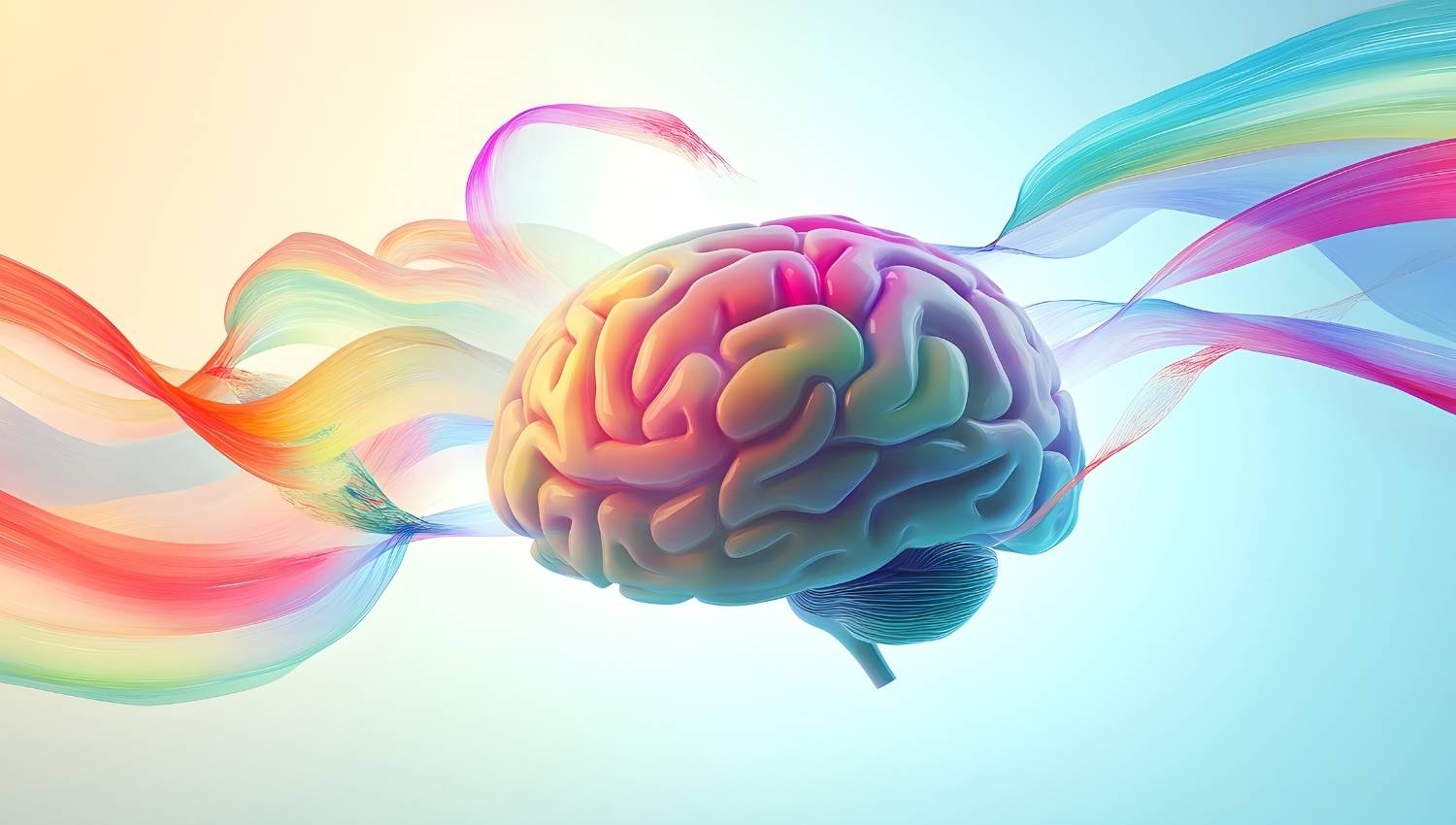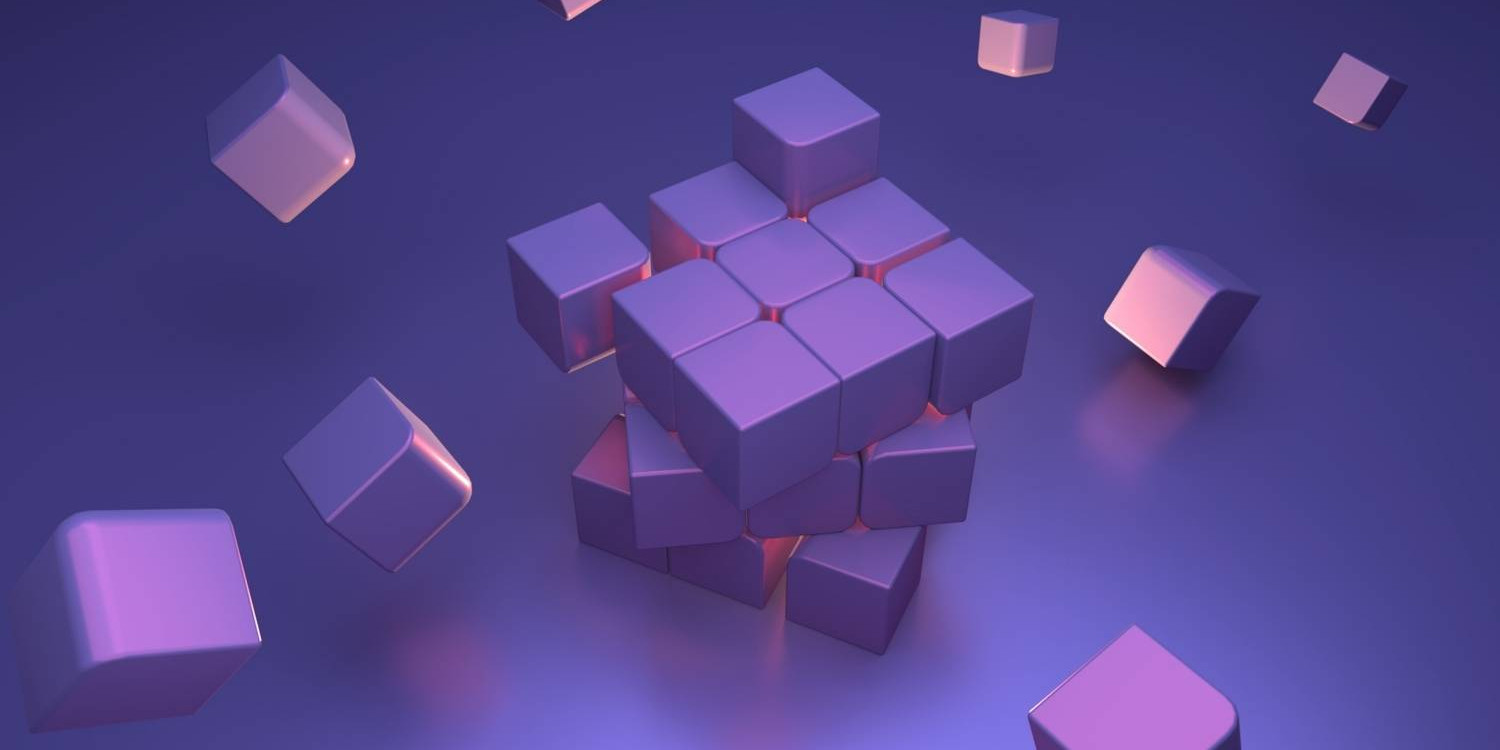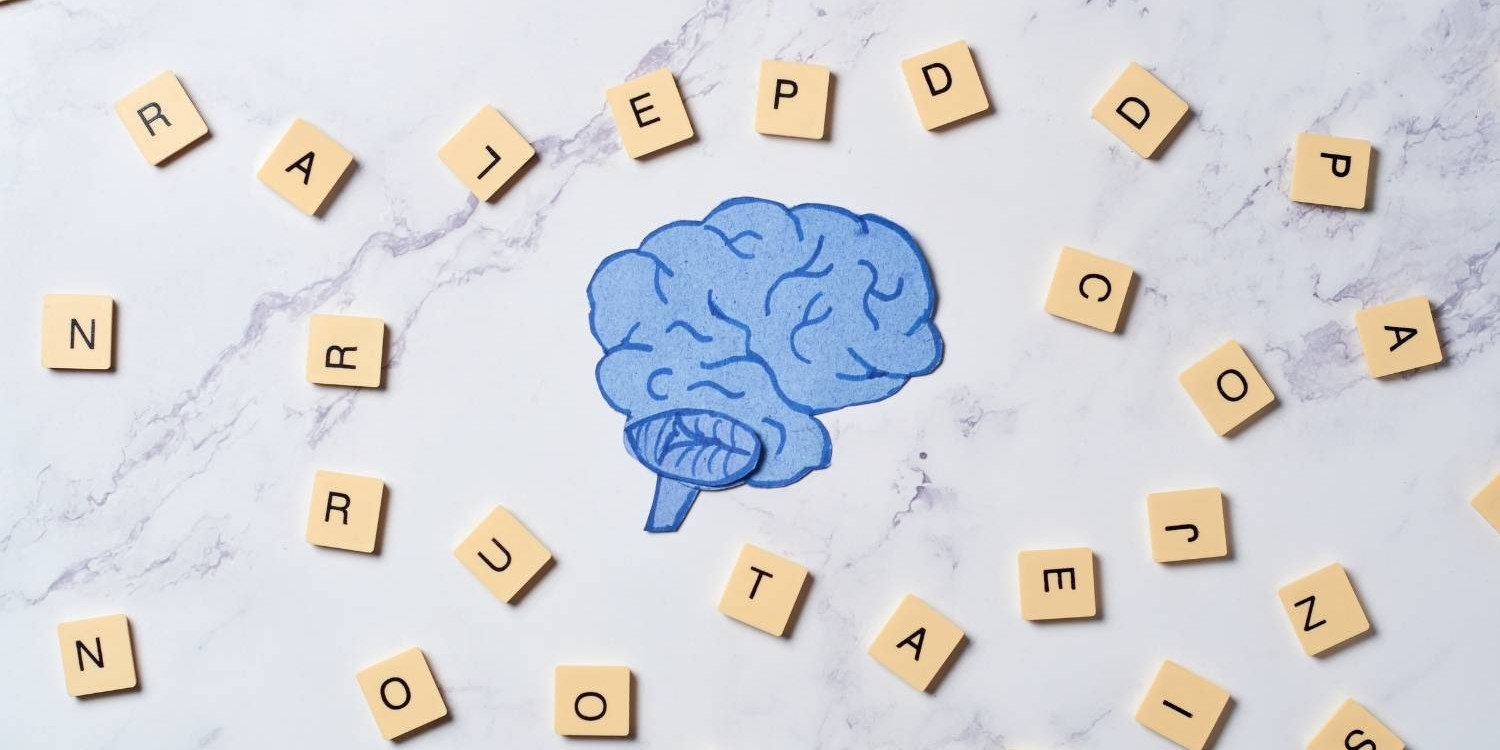In an era defined by information overload, the ability to think faster, remember more, and perform under pressure has become a competitive advantage. While most people associate memory with rote learning or academic study, a new frontier has emerged — one that transforms memory into a sport of the mind.
Memory competitions are no longer niche events for savants or prodigies. They’re rapidly evolving into the ultimate testing ground for cognitive training, blending psychology, neuroscience, and human potential in ways that redefine what the brain can do.
The Rise of Competitive Memory
The concept of structured memory competitions began in the early 1990s but has since exploded into a global phenomenon. Events like the World Memory Championships and Extreme Memory Tournament attract participants from all walks of life — engineers, artists, students, and professionals — all united by a shared goal: to push the limits of human recall.
These competitions test memory through various disciplines — from memorizing long strings of numbers and shuffled decks of cards to recalling names, faces, and historical data.
Each event not only measures recall ability but also mental endurance, concentration, and pattern recognition under extreme cognitive load.
Why Memory Competitions Are Transformative
1. They Turn Memory Into a Trainable Skill
The first myth memory competitions shatter is that memory strength is innate. Through structured training methods like visual association, spaced repetition, and the method of loci (Memory Palace), competitors prove that anyone can dramatically enhance memory with discipline and systemized practice.
This approach aligns closely with modern cognitive science, which confirms that neuroplasticity — the brain’s ability to form new connections — continues throughout life.
2. They Redefine Mental Fitness
Just as physical sports build strength, stamina, and coordination, memory sports cultivate focus, precision, and cognitive control.
Competitors must manage stress, maintain concentration, and retrieve vast amounts of information in limited time — a process that strengthens not only memory but executive function and resilience.
In a sense, memory athletes are mental endurance performers, proving that intelligence is as trainable as physical strength.
3. They Bridge Science and Performance
Memory competitions are increasingly attracting interest from neuroscientists and psychologists, who study top performers to understand how deliberate practice rewires the brain.
Findings from brain imaging studies show that elite memory athletes use unique neural strategies, activating spatial and visual regions rather than language-based recall systems.
This provides valuable insight into how the human brain can optimize itself through targeted training, offering potential applications in education, therapy, and even aging research.
4. They Inspire Broader Applications
Beyond the competitive stage, memory techniques have practical applications in education, professional training, and productivity.
Students can improve exam performance, professionals can retain complex information more efficiently, and older adults can slow cognitive decline — all by applying strategies derived from competitive memory sports.
As the world moves deeper into the information economy, the ability to retain, organize, and retrieve knowledge efficiently is becoming a core success skill. Memory competitions illuminate exactly how to cultivate that power.

The Next Frontier: From Niche to Mainstream
As interest in brain optimization and neuro-performance continues to rise, memory competitions are poised to move from niche communities to mainstream cultural relevance.
Imagine corporate training programs integrating memory techniques, or education systems teaching visualization and chunking as standard learning tools.
In this context, memory sports aren’t just about medals — they’re about building a more cognitively capable generation, where mental agility becomes the foundation for human progress.
Final Thoughts
Memory competitions embody the evolution of human potential — a blend of art, science, and performance that challenges the limits of the mind.
They show us that intelligence isn’t fixed, and that with the right tools, anyone can strengthen the core muscle of cognition: memory.
As we move into a future dominated by information and technology, one thing becomes clear — the sharpest minds will belong to those who train them.



